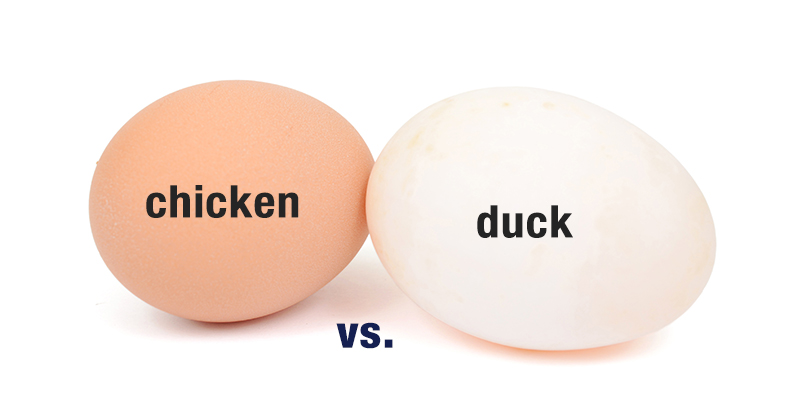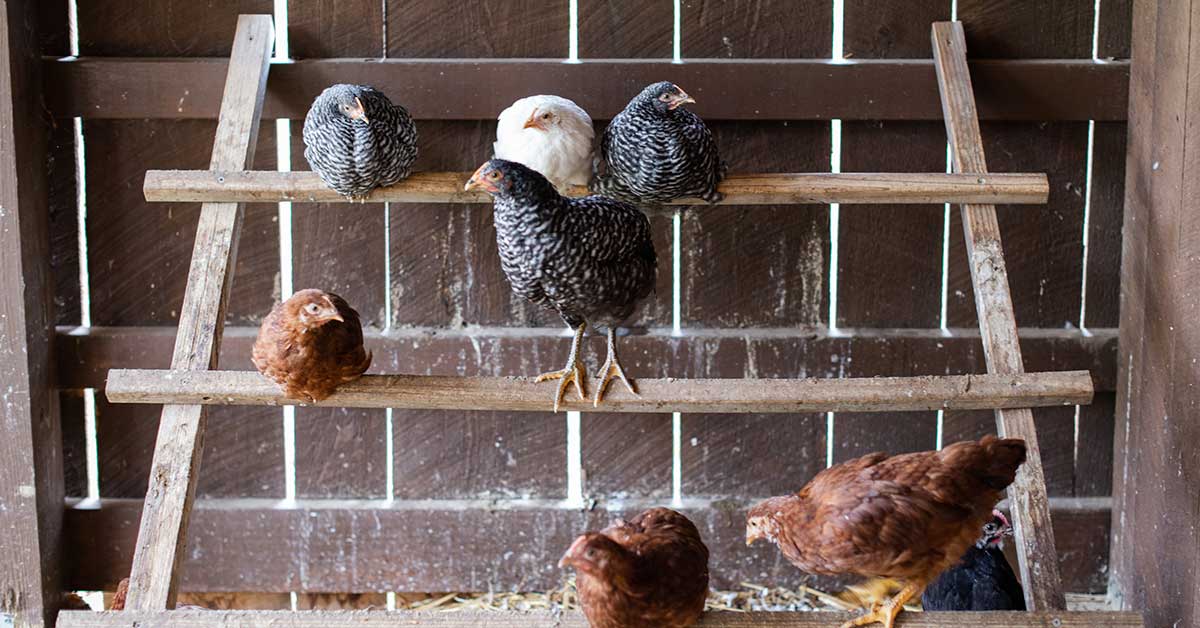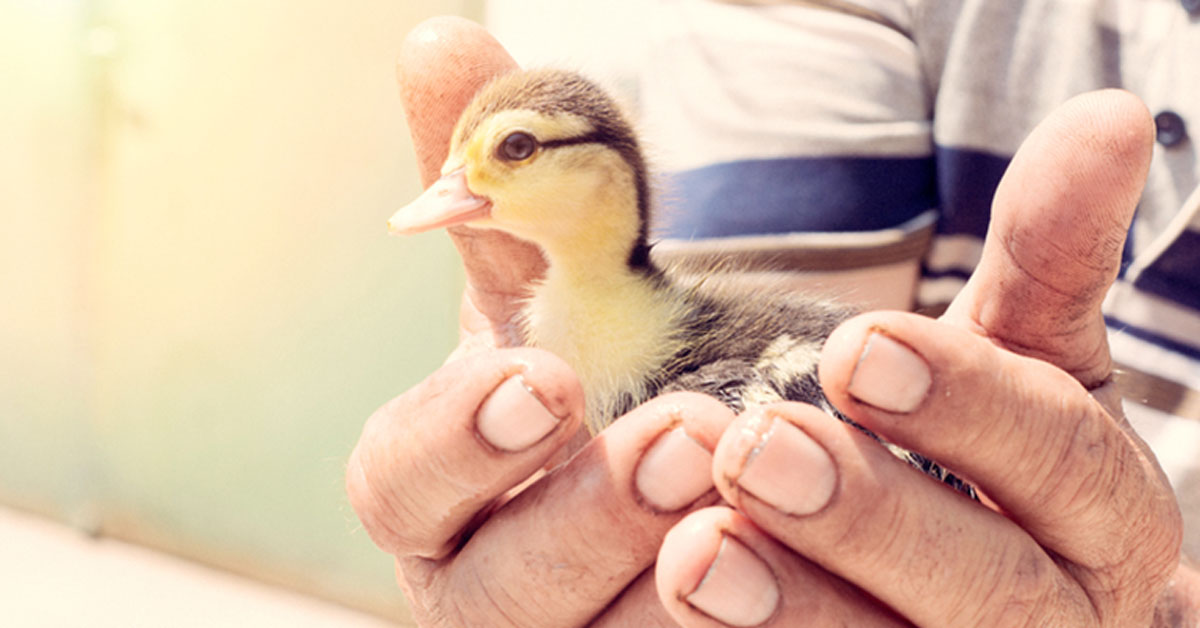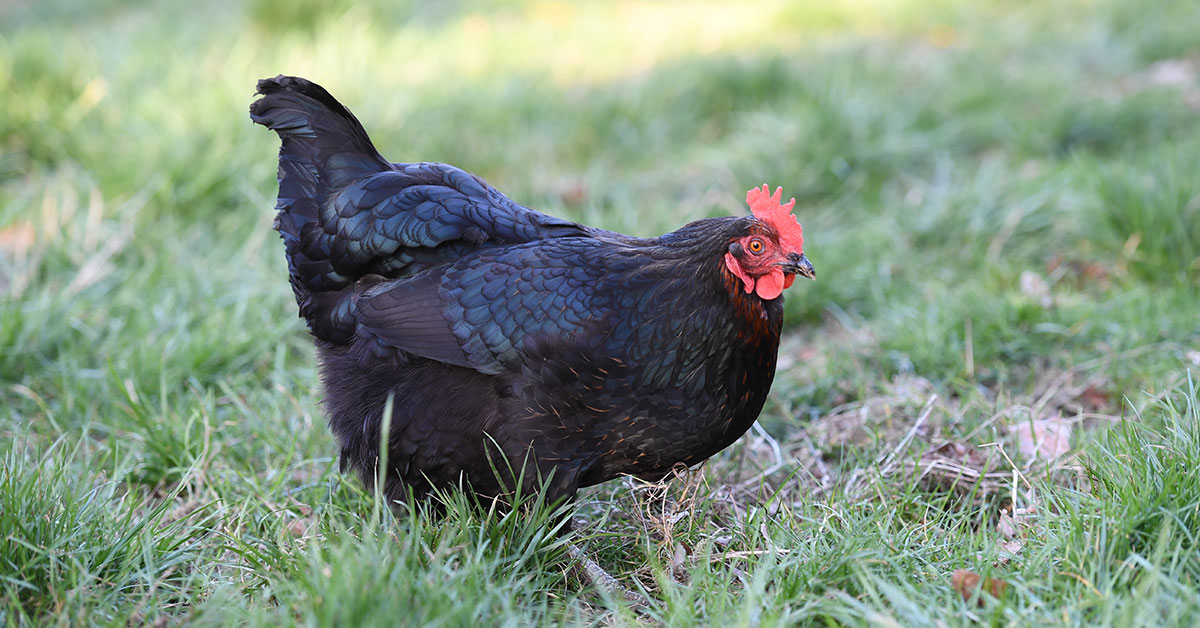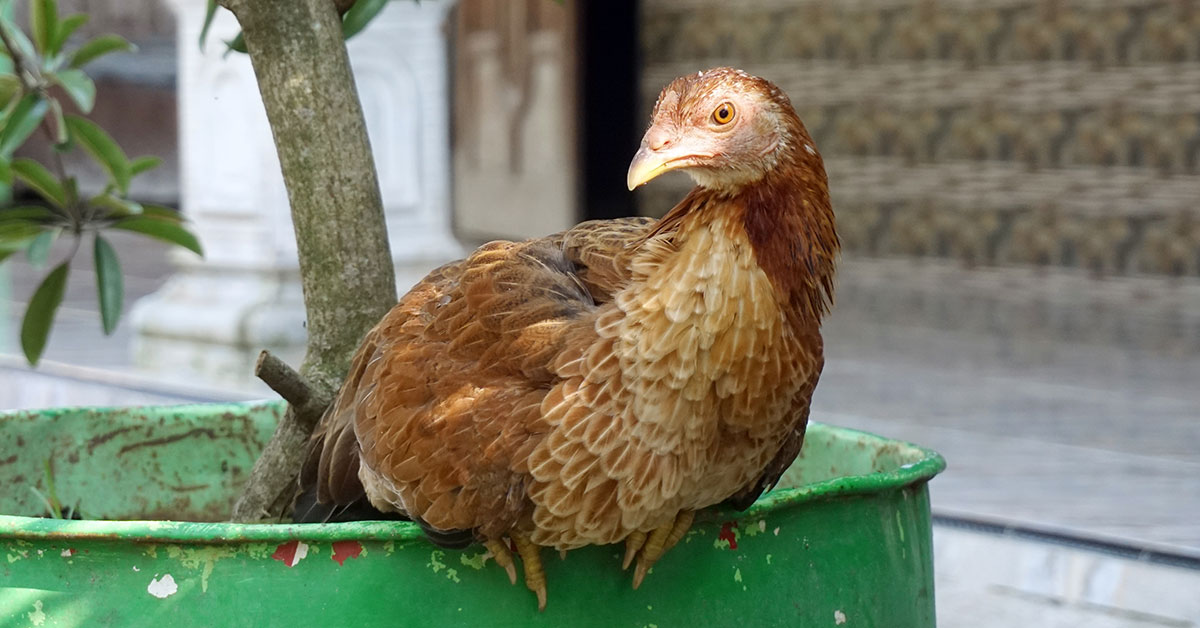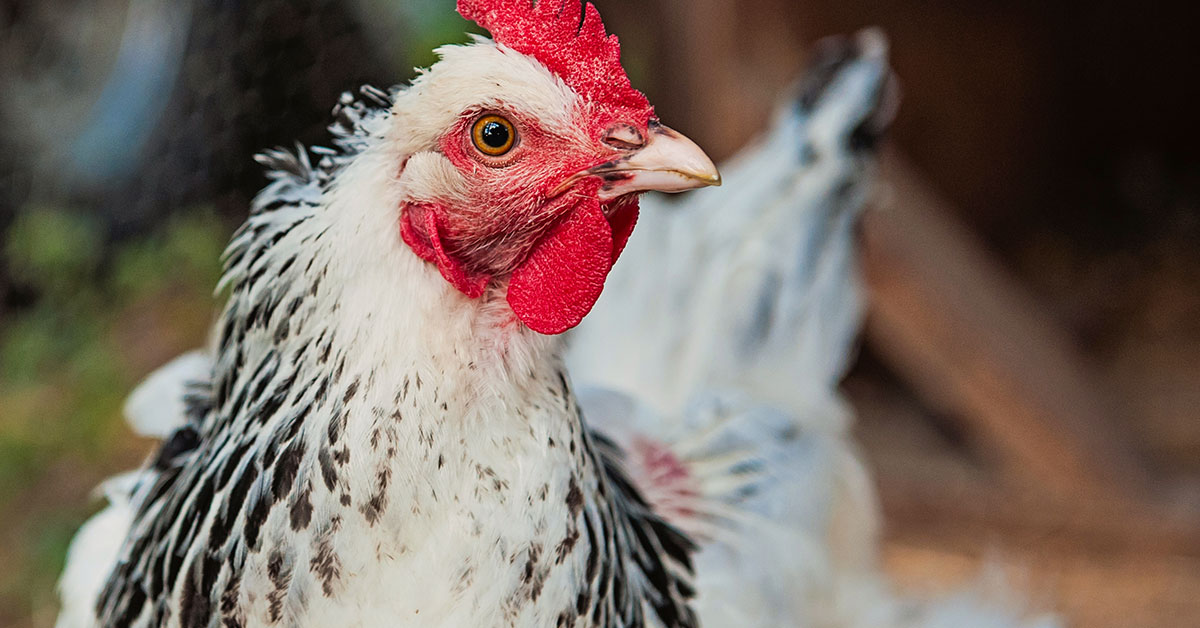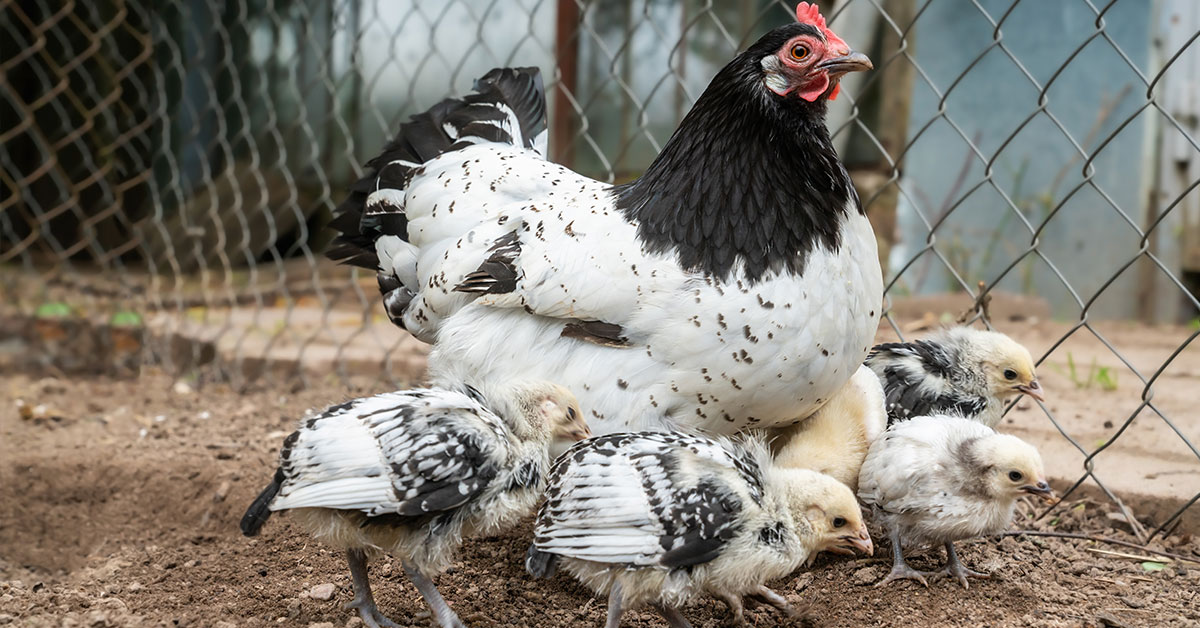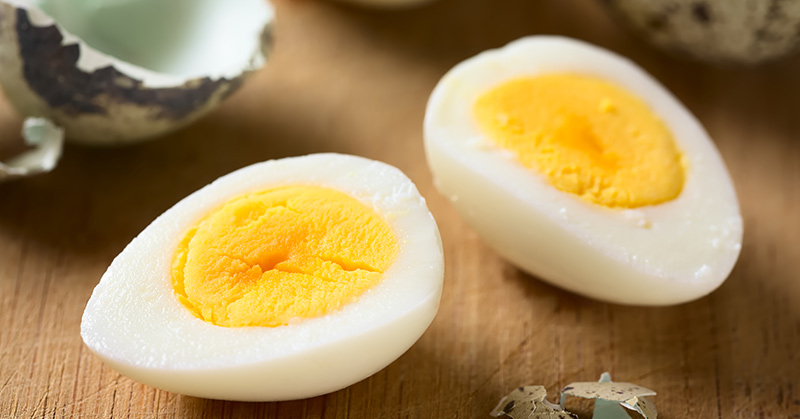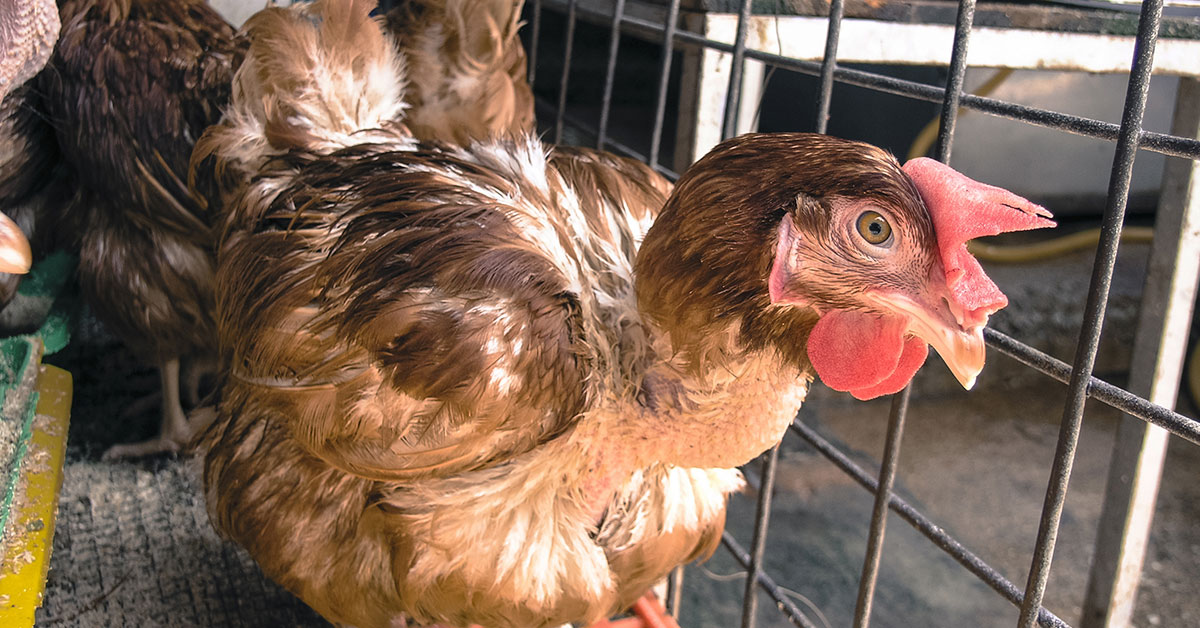Eggs make for a delicious breakfast and are a great source of nutrients like protein, fat, zinc, and vitamins B6, B12, A, D, and E. But there are lots of different eggs on the market to choose from, like duck eggs, chicken eggs, quail eggs, and so on. Chicken eggs are the most common type of egg commercially available, but what about duck eggs? Let’s break down the age old argument, duck eggs vs chicken eggs.
How big are duck eggs?
When considering duck eggs vs chicken eggs, think about how big you like your breakfasts to be. If size matters to you, duck eggs are the winner. On average, a duck egg will be 30 to 50 percent larger than a jumbo chicken egg, depending on the breed of duck and chicken doing the laying.
Duck vs chicken egg nutrition
As we mentioned above, duck eggs are quite a bit larger than chicken eggs, meaning they contain more calories. But that’s not the only metric worth looking at. Gram for gram, duck eggs are higher in Omega-3 fatty acids, protein, and fat. If getting yolked is an objective of yours, consider the mighty duck egg as your post workout meal.
Below are a side by side comparison of some of the basic nutrition facts for each type of egg.
Chicken Egg Nutrition Facts (50g Egg)
- Calories: 71
- Total Fat: 5g
- Cholesterol: 211mg
- Sodium: 70mg
- Total Carbohydrate: 0g
- Protein: 6g
Duck Egg Nutrition Facts (70g Egg)
- Calories: 130
- Total Fat: 10g
- Cholesterol: 619mg
- Sodium: 102mg
- Total Carbohydrate: 1g
- Protein: 9g
Both duck eggs and chicken eggs are a healthy source of numerous nutrients and a good source of protein, and both animals are relatively easy to keep yourself in an urban environment. Both ducks and chickens make great pets and keeping urban livestock helps relieve food deserts.
Read More: How To Compost Chicken Manure
Where to buy duck eggs
So you’ve decided to pick up a dozen duck eggs to try, but you’ve probably never even seen one in a market anywhere, right? Duck eggs are rarer than chicken eggs, no doubt, but they can be found. Some specialty markets will carry duck eggs and there’s a high likelihood that a local farmer or rancher keeps ducks on hand for eggs. Do some calling around to find a healthy source of local, organic duck eggs!
Ducks are also delightful animals to keep and raise yourself. We have a comprehensive guide on raising ducks, but it boils down to ducks being similar to chickens, they just require a water source, something as simple as a kiddie pool, to splash around in.
Hard boiled duck egg recipe
One of my favorite ways to eat eggs in general is hard boiled. Hard boiled eggs are easy to pop as a snack, and boiled duck eggs are delicious! Here’s how to boil duck eggs:
- Select your duck eggs for boiling. Eggs a little on the older side are better.
- Allow your duck eggs to reach room temperature before boiling.
- Place duck eggs in a pot filled with cold water. The water should stand one inch above the top of your eggs. Discard eggs that float.
- Place your pot on high heat. Bring to a rolling boil for one minute then turn off heat. Leave the pot on the hot burner.
- Cover the pot for 19 minutes. If your duck eggs are considered very large, cover for 21 minutes.
- Drain the water and run your boiled duck eggs under cool water for 5 minutes. An ice bath also works.
- Once cooled, let the eggs sit for 15-20 minutes, then peel.
Keep Reading: How To Keep Chickens Out Of Your Garden
